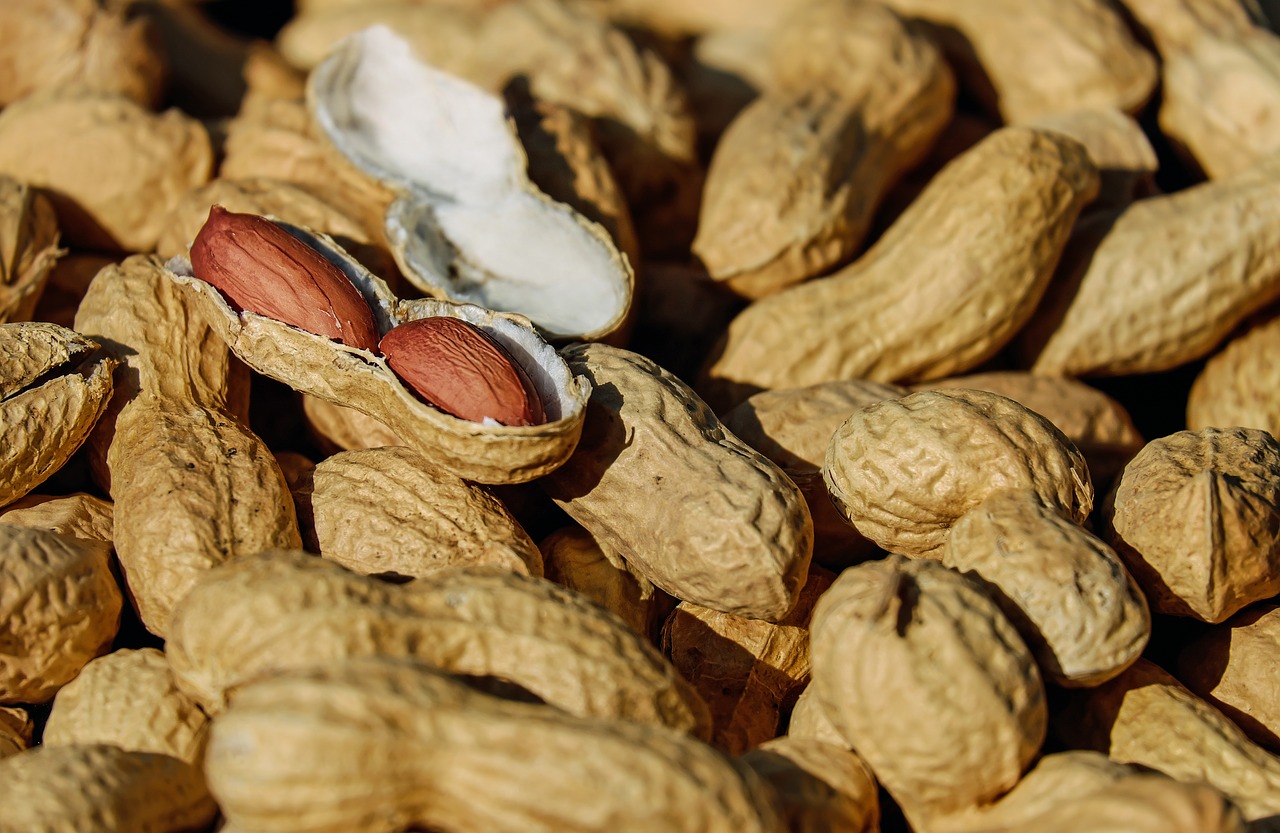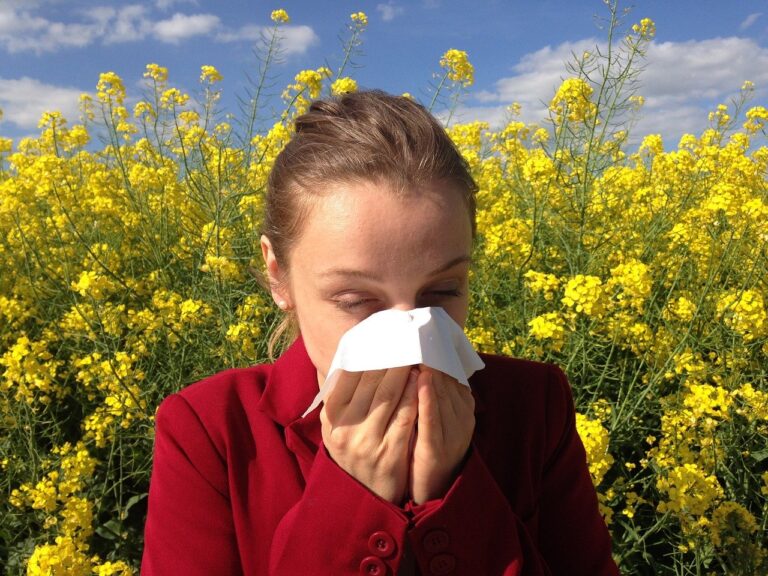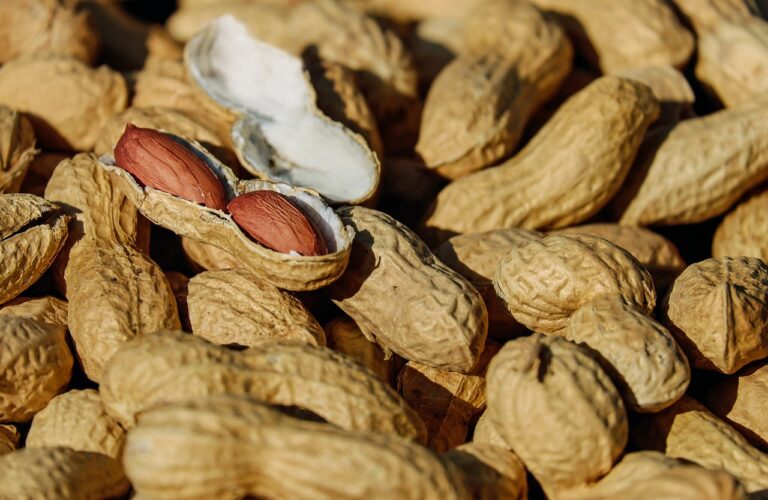Allergy Therapeutics plc (LON:AGY), the fully integrated commercial biotechnology company specialising in allergy vaccines, has provided a trading update for the six months ended 31 December 2021 ahead of its Half Year Results to be announced on 3 March 2022.
– VLP Peanut IND application submitted to FDA with a protocol enabling Phase I trial (named PROTECT); expected results in H1 2023 ahead of original Q4 2023 data readout
– IMP VLP Peanut batch manufactured and ready for start of upcoming PROTECT trial
– Strategic streamlining of products to focus on SCIT and innovative allergy treatments
– Strong cash position to support Grass MATA MPL pivotal Phase III field studies and Phase I VLP Peanut PROTECT trial
– Phase III Grass MATA MPL trial on track to start Q3 2022 following impressive results from exploratory field trial
Financials
Reported revenues for the six months ended 31 December 2021 are expected to be £48.7m (2020: £54.0m), representing a 10% reduction on a reported basis (down 5% on constant currency basis). This is primarily due to the previously disclosed strategic streamlining of non-differentiated older products to maintain focus on short course subcutaneous immunotherapy (SCIT) and innovative allergy treatments. On this revised basis revenues have increased 3% on a like for like product and phasing basis (on constant currency basis).
Revenues were also affected by phasing, headwinds in Germany and the continuing effect of COVID-19 in Italy and Germany. However Spain, the Group’s second most important market, saw a double-digit growth in sales, while the Netherlands, UK and Rest of World (RoW) also grew strongly. There was double-digit growth for key products Pollinex, Venomil and Acarovac (on constant currency basis).
Reported revenue for the year is likely to be down on the 2021 financial year by an upper single digit percentage, but through planned cost reductions in the second half of the year, the Board remains confident that market consensus for the operating profit pre R&D this financial year will be achieved.
Allergy Therapeutics has continued to generate good cash conversion, with a strong cash balance at the end of December 2021 of £41.4m (31 December 2020: £48.3m).
On current internal assumptions and as previously communicated, the Group will be able to fund the Grass MATA MPL Phase III trial (G306), as well as the VLP Peanut Phase I PROTECT trial, from existing resources with a small amount of additional debt.
Regulatory
The Group has successfully submitted the Investigational New Drug (IND) application for VLP Peanut to the US Food and Drug Administration (FDA). Following consultation with experts in the field, the IND application includes a protocol for the upcoming Phase I PROTECT trial, moving the planned paediatric and adolescent arms into a future Phase II trial. As a result, topline data from the Phase I PROTECT trial, in adult patients, would be anticipated in H1 2023, ahead of the original intended Q4 2023 data readout.
Furthermore, the batch of investigational medicinal product (IMP) intended for use in the upcoming Phase I PROTECT trial has been successfully manufactured, tested and released. This product aims to revolutionise the peanut allergy market as a treatment that has the potential to provoke a disease-modifying effect and to bring a significant positive impact to the lives of patients and families affected by peanut allergy, and to health systems. The market for peanut allergies is expected to be around $8bn worldwide.
Following the outcome of the Grass MATA MPL exploratory field trial in October 2021 which showed efficacy of 36.8% in an extended posology, the Group is now on track to begin the Grass MATA MPL pivotal Phase III trial (G306) in the autumn of this calendar year.
Manuel Llobet, CEO at Allergy Therapeutics, stated: “2022 is going to be a pivotal year for Allergy Therapeutics with the VLP Peanut Phase I PROTECT trial and MATA MPL Phase III trial (G306) commencing during the calendar year. We continue to be very encouraged by the data and the clinical progress supporting these highly innovative product trials. The Group has continued to perform and I am encouraged by our response to the challenges from what continues to be a tough environment. Our focus on providing innovative allergy treatments to patients in need, as well as delivering a strong, differentiated R&D pipeline remains key to our strategy. We are confident in the Group’s commercial capabilities despite being cautious due to COVID-related uncertainties and we look forward to reporting the significant progress expected in our clinical pipeline.”








































